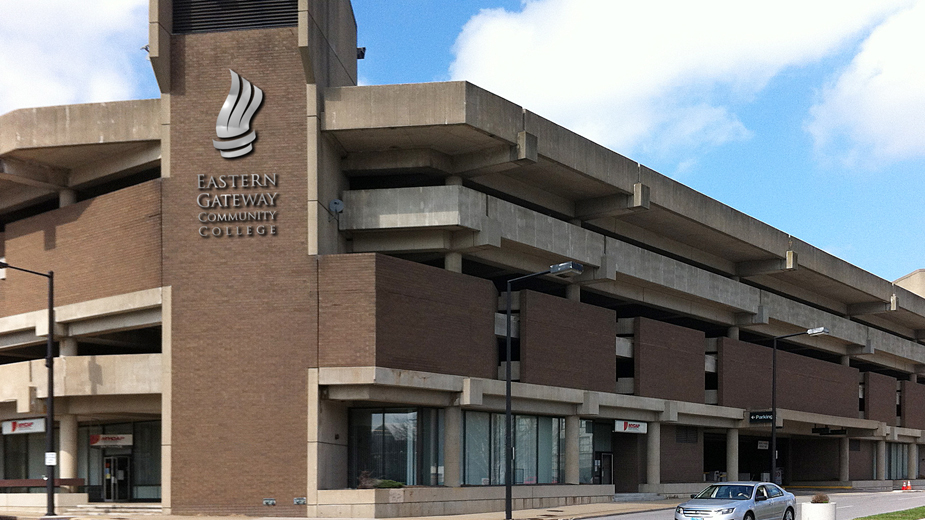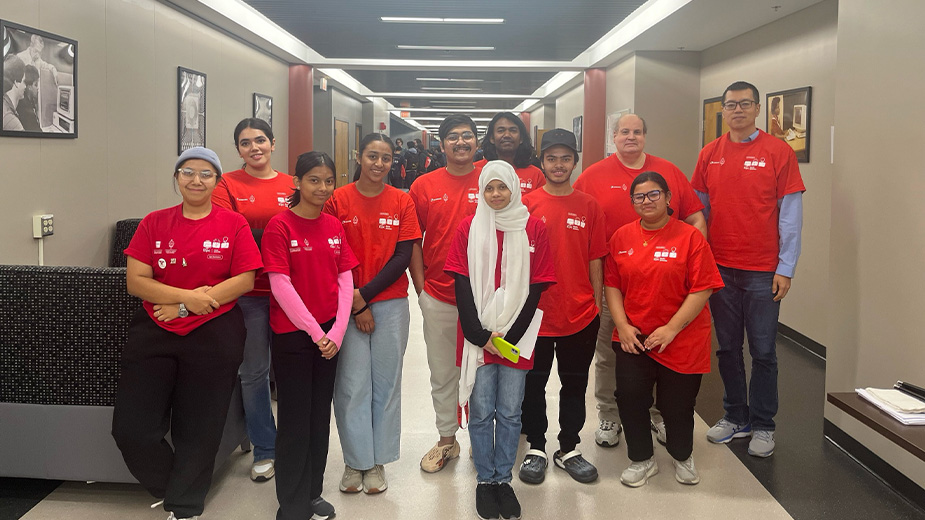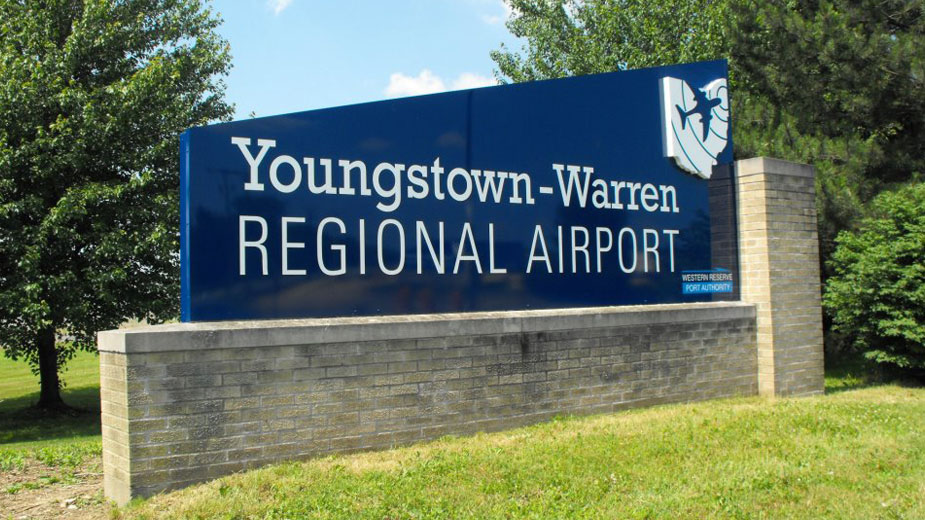Legislators Seek Amendments to Youngstown Plan
YOUNGSTOWN, Ohio – State Sen. Joe Schiavoni and state Rep. Michele Lepore-Hagan announced this morning they would, in their respective chambers, introduce legislation iWednesday they assert will improve House Bill 70.
Approved by the Legislature this summer, the measure, originally attended to establish community learning centers in school districts across the state, was altered to iaddress troubled school districts. Dubbed the “Youngstown Plan,” the provisions in the amendment contain language to establish a CEO with wide-ranging powers such as the ability to unilaterally reopen contracts and turn failing schools over to the operators of charter and for-profit schools.
Democrats and Republicans, regardless of how they voted on H.B. 70, urged local legislators to “bring a plan that we can see came from the community,” Schiavoni, senate minority leader, said. “That’s what we’ve done.
The bill was written based on responses the legislators received during more than 20 community meetings that collectively ran some 50 hours this summer, following passage of H.B. 70.
“We don’t embrace or support this CEO model but we want to be realistic,” Schiavoni said. “We’re taking the approach of sensible, realistic, common sense changes that we can get some legislation through the Legislature now because time is of the essence.” The new academic distress commission will be appointed within the next 30 days and the schools CEO within 60 days of that.
“So we need to get this bill in the pipeline,” he continued. He already has been in touch with the chairwoman of the education committee in the Ohio Senate, Peggy Lehner, to schedule hearings .
Provisions in the legislation Schiavoni, D-33 Boardman, and Lepore-Hagan, D-58 Youngstown, propose would expand the membership of the new academic distress commission to seven from five and change its composition; adjust academic expectations for the district; remove the CEO’s ability to modify or alter collective bargaining agreements; and eliminate the provision that would dissolve the elected board of education.
Another provision would go to the heart of H.B. 70’s original intent, according to Lepore-Hagan, and require the CEO to implement a community learning center in at least one building within the the district. The center is intended to engage parents and the community at large, and provide “wraparound services” that include dental care, mental health care and after-school tutoring.
“We’re dealing with one of the highest child poverty rates in the nation,” she said. “We have a unique situation and we don’t want this to be taken out of our hands in Youngstown.”
U.S. Census Bureau figures from 2013 show 63.6% of children in Youngstown lived in poverty, the second-highest rate in the nation among large and medium-sized cities.
During the meetings, issues surrounding poverty “constantly came up,” Schiavoni said. “These CLC models, they’ve been working and been very helpful.”
Charles Howell, dean of the Beeghly College of Education at Youngstown State University, supports the changes proposed by the two legislators. He criticized the way H.B. 70 was enacted and the process critics charge was done in secret . Howell learned of the Youngstown Plan from newspaper accounts only after it was passed, he said.
“One of the most important factors in healthy schools is transparent, collaborative leadership,” Howell said. “The drip-drip-drip of unexpected events is very corrosive to any kind of educational organization.”
The legislation Schiavoni and Lepore-Hagan propose would help the community develop a “collective voice” and “ensure that decisions are not going to be made behind closed doors by a small group of people and then sprung on the community,” he said.
Because of the way the Youngstown Plan was passed, Youngstown City Schools lost 90 teachers, he said. “It was announced with just enough time for teachers to leave the district and seek employment elsewhere or retire,” he remarked.
“It’s very hard to find teachers willing to come in and accept employment under these circumstances, where there are districts that are not under threat of dissolution elsewhere that are offering employment,” he added.
Responding via email to the press release the two legislators issued following their meeting with reporters, Tom Humphries, president and CEO of the Youngstown Warren Regional Chamber and one architect of the Youngstown Plan, said that he was aware of the proposed legislation but that he was pleased with H.B. 70’s implementation, which took effect yesterday.
The state director of StudentsFirst Ohio, a group that supports the Youngstown Plan, Greg Harris, said via email that he found some aspects of the lawmakers’ proposals “promising” but that others concerned him. Among the concerns are specifics regarding the composition of the commission membership, although he found expanded membership “worth exploring”; whether members of the proposed school action teams would “be given their marching orders from their unions”; and the proposed CEO hiring criteria, which would preclude naming a CEO from a sector other than education.
He also characterized as “nonstarters” provisions to remove the CEO’s ability to amend collective bargaining agreements and dissolving the elected school board.
“You can’t possibly change the status quo under these provisions, and for a CEO to come in with no ability to manage his or her talent (school leaders and teachers” sets that individual up for failure, he said. He also disagreed with delaying CEO actions for a year.
Harris was more favorably inclined to subjecting meetings of the academic distress commission and CEO to open meetings and public records, and for the CEO to present the improvement plan at a public meeting before the community. Also, embracing H.B. 70’s “original intent” and supporting community learning centers “makes good sense in high poverty schools.”
Pictured: State Rep. Michele Lepore-Hagan and state Sen. Joe Schiavoni at this morning’s news conference.
Copyright 2024 The Business Journal, Youngstown, Ohio.



